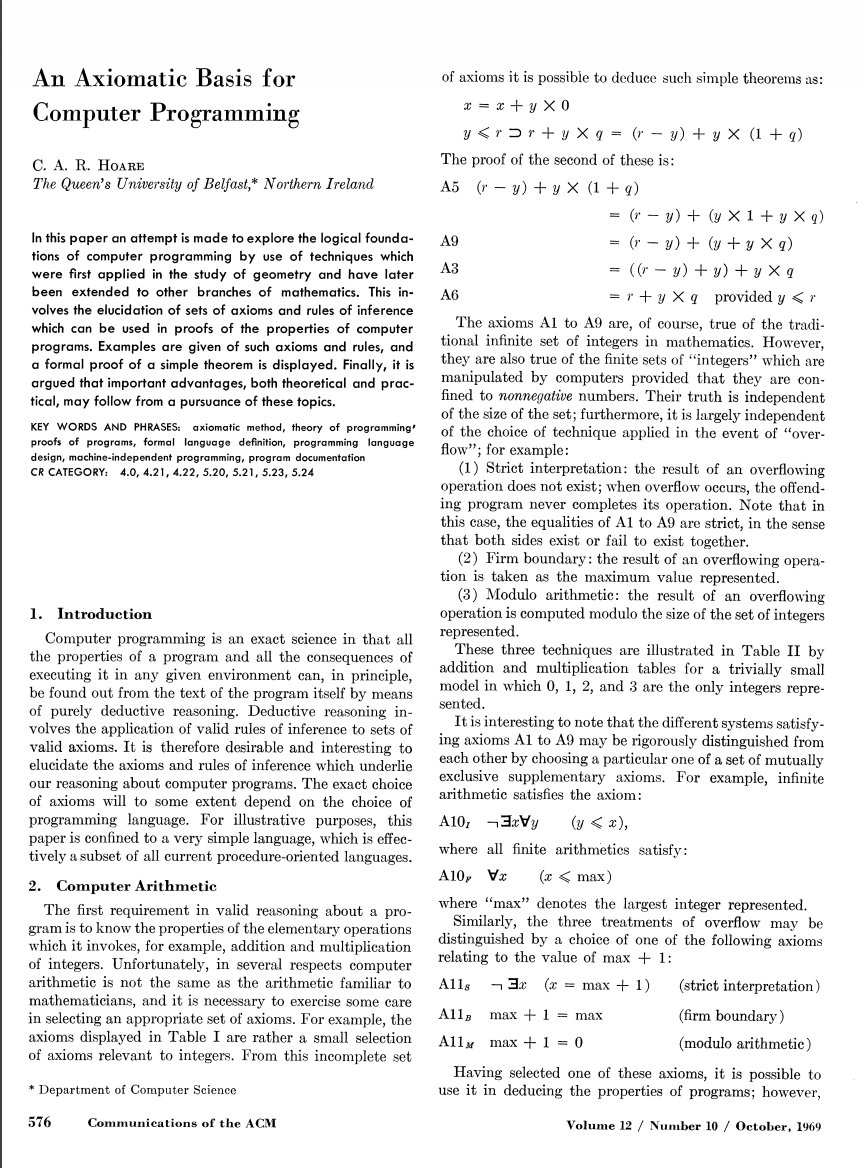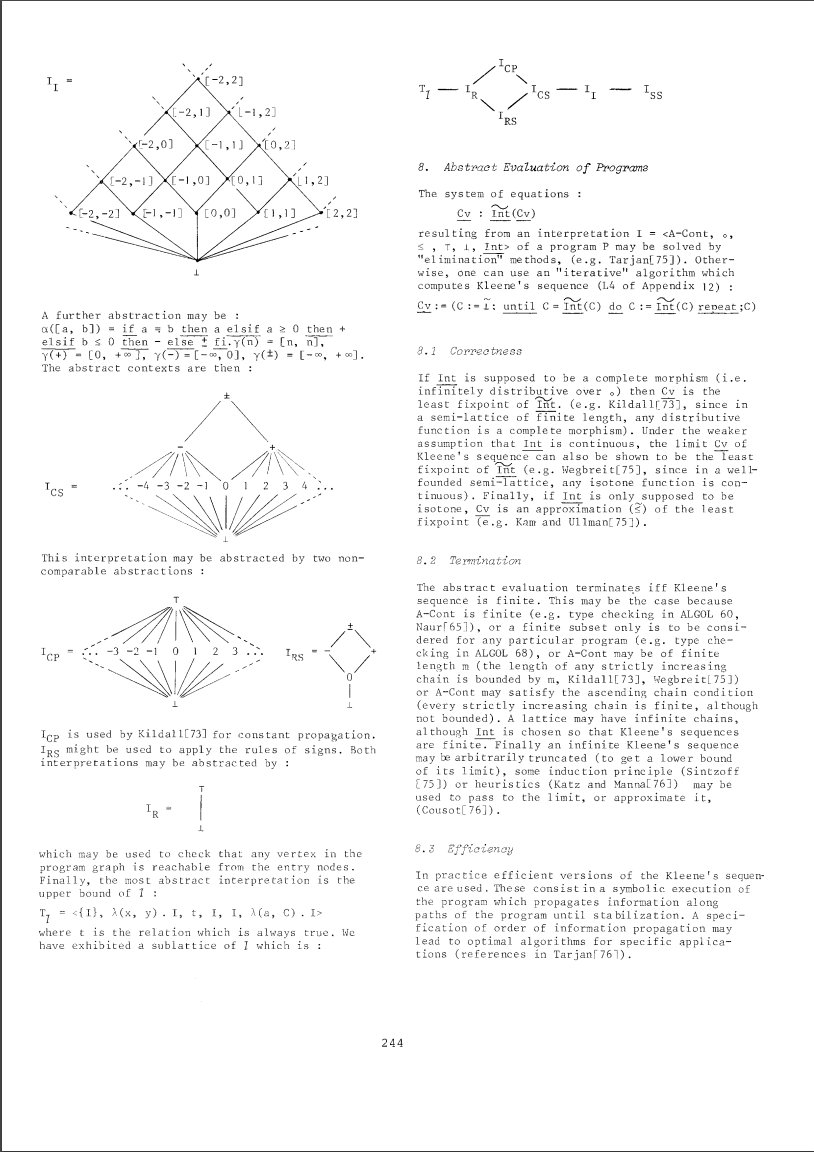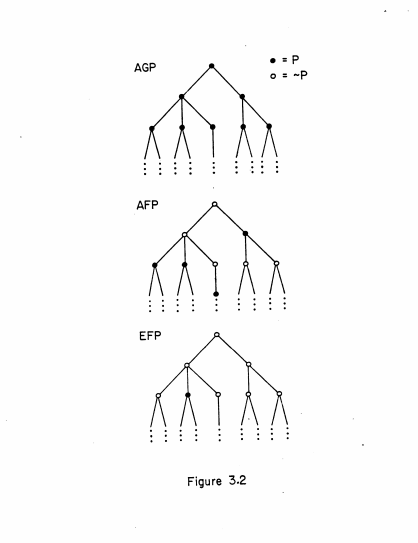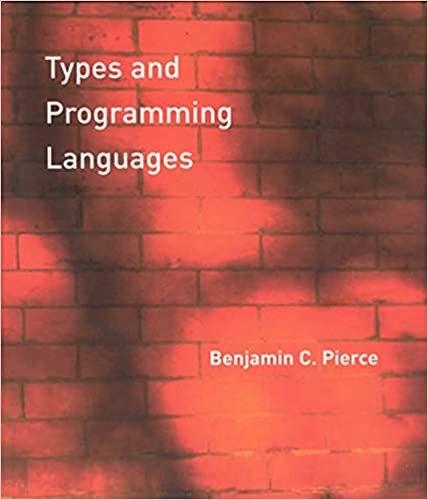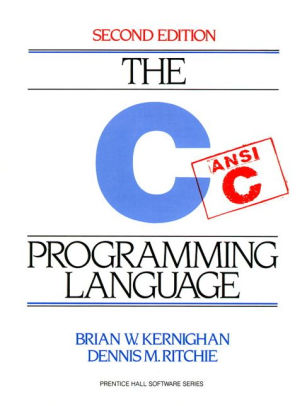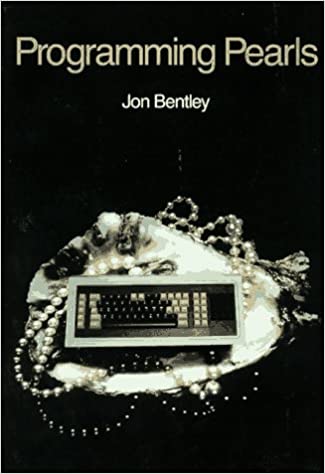
When I was and undergrad and junior grad student, I regularly burned myself out on deadlines. I actually work WAY harder now. And I'm able to do it because I learned to manage my energy better. Here are some lessons I learned.
Thread. 👇
Thread. 👇
The most important thing I learned was to recognize if I'm not working productively on something and step away. To make a sports analogy, pushing through fatigue is how you get better but you shouldn't push through injury. Taking a break early can give you a lot more time back.
Another lesson was to take recovery seriously. Previously, this meant sitting in a catatonic state after I had overworked myself. I now have processes for winding myself down daily, weekly, monthly, and annually. They include meditation, yoga, writing, and doing non-work things.
Also: rest doesn't have to be passive. As a former runner, I learned that cross-training (doing other aerobic workouts) was important for staying fit and preventing injury. Actively working different parts of your mind can be more effective than resting your mind altogether.
And sometimes, recovery just means doing nothing. To everyone who feels pressure to always be doing something: it's a whole lot more productive to rest BEFORE you get burned out than after. If ever you want to feel better about doing nothing, just ask me how much Netflix I watch.
I saved one of the biggest lessons for last: reducing angst overhead. A lot of the time I used to spend working, I was actually angsting. This took energy and did not get me anywhere! This was such a big lesson for me I wrote a blog post about it here: jxyzabc.blogspot.com/2016/03/the-an…
• • •
Missing some Tweet in this thread? You can try to
force a refresh

